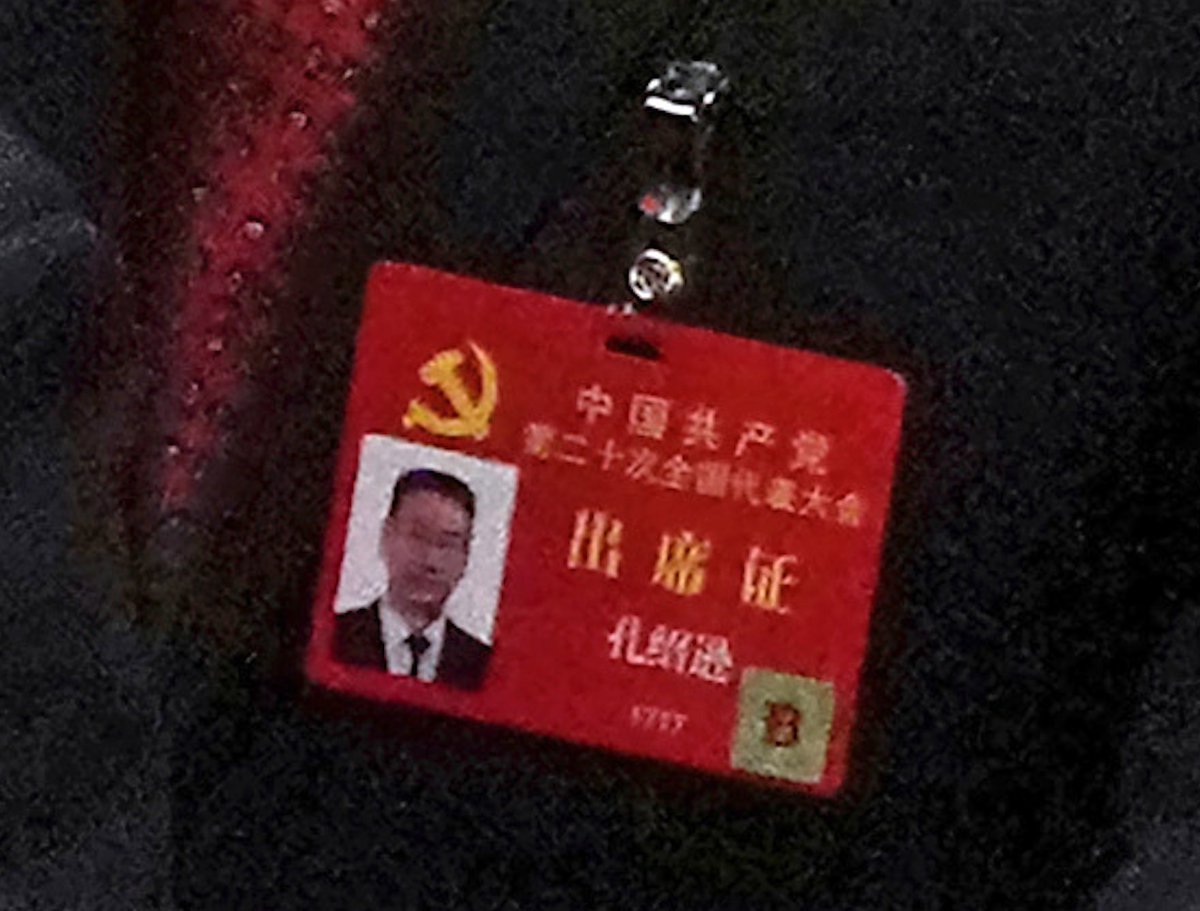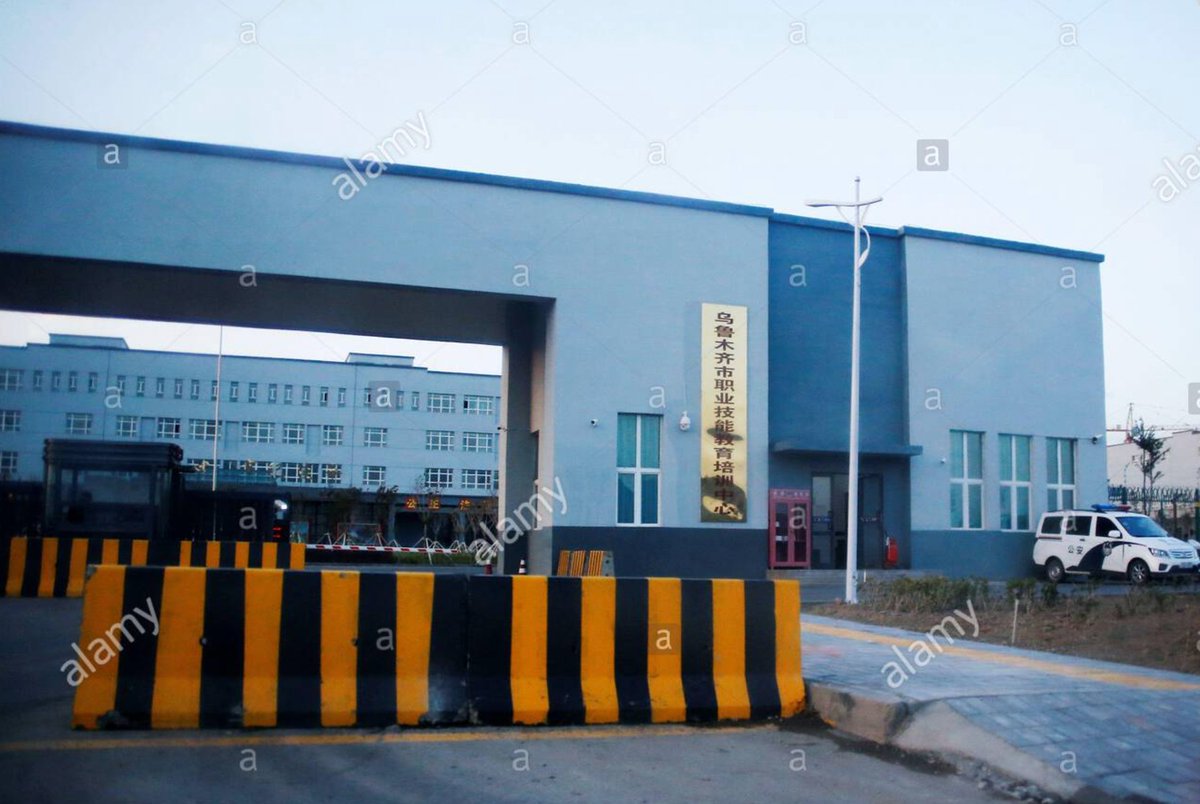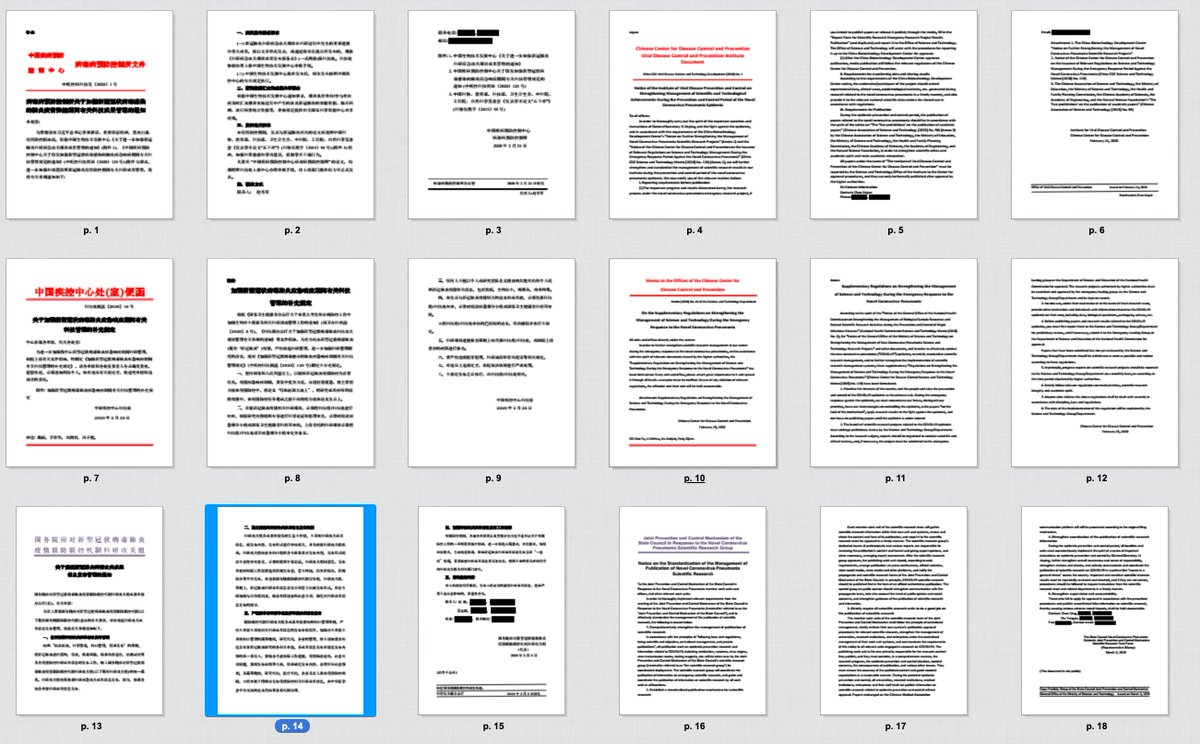
One more interesting tidbit in the Hu Jintao affair today: The man helping up Hu is Kong Shaoxun (孔绍逊), the deputy director of the General Office of the CPC Central Committee. His boss is Ding Xuexiang, widely expected to be on the next Standing Committee. 



In video we captured, we can see Kong returning back and chatting with Xi at 11:53, about half an hour after Hu was escorted off the stage at 11:19.
It appears that Kong comes and is asking something of Xi. Xi says something, Kong nods twice, then walks off.
It appears that Kong comes and is asking something of Xi. Xi says something, Kong nods twice, then walks off.
Kong's job as deputy director of the General Office is fairly recent. It was made public in April. He joined the General Office in 2010, and headed the General Office's bureau of personnel (中办人事局) as of 2017. He was in Ningxia earlier in his career.
baike.baidu.com/reference/4839…
baike.baidu.com/reference/4839…

I'm not qualified to comment further, I'll just say the head of the Bureau of Personnel must be v. important. If I'm not mistaken, Kong was also part of the CCDI (纪委书记) and the vice head of the General Office's small group on poverty alleviation, both v. important under Xi
今天的胡锦涛事件其中还有一个有趣的细节:扶持胡锦涛的一位是中共中央办公厅副主任孔绍逊。他的上司是丁雪祥,据其他媒体报道预计他将成为下一届常委。
https://twitter.com/dakekang/status/1583807633588654080?s=20&t=v7sz8sC90hQoOxNrtX0udw
孔副主任上午11:19点来扶持胡锦涛离场。大概半个小时之后,上午11:53点我们拍的视频显示孔副主任回来跟习近平说话。
孔绍逊先向习近平说几句。习近平给孔绍逊回答之后,孔绍逊点了头几次,然后走开了。
孔绍逊先向习近平说几句。习近平给孔绍逊回答之后,孔绍逊点了头几次,然后走开了。
https://twitter.com/dakekang/status/1583807682695528449?s=20&t=v7sz8sC90hQoOxNrtX0udw
孔绍逊是今年4月份才担任中办副主任。他是宁夏人,在那里发展了职业生涯。2010年他加入了中共中央办公厅。据国务院扶贫小组网站,截止2017孔绍逊是中办机关党委副书记,纪委书记,中班人事局局长,中办定点扶贫工作领导小组副组长。
https://twitter.com/dakekang/status/1583807694003060737?s=20&t=v7sz8sC90hQoOxNrtX0udw
如果上面有错误我很抱歉,我中文还会有一些问题。我没有资格来加我自己的评论。如果您对这个事件有相关信息与分析,欢迎您给我发私信。
https://twitter.com/dakekang/status/1583811023865159682?s=20&t=v7sz8sC90hQoOxNrtX0udw
Xinhua newsflash:
https://twitter.com/XHNews/status/1583829797297598465?s=20&t=11N7KzkhS3hJT6APxaawmw
• • •
Missing some Tweet in this thread? You can try to
force a refresh













